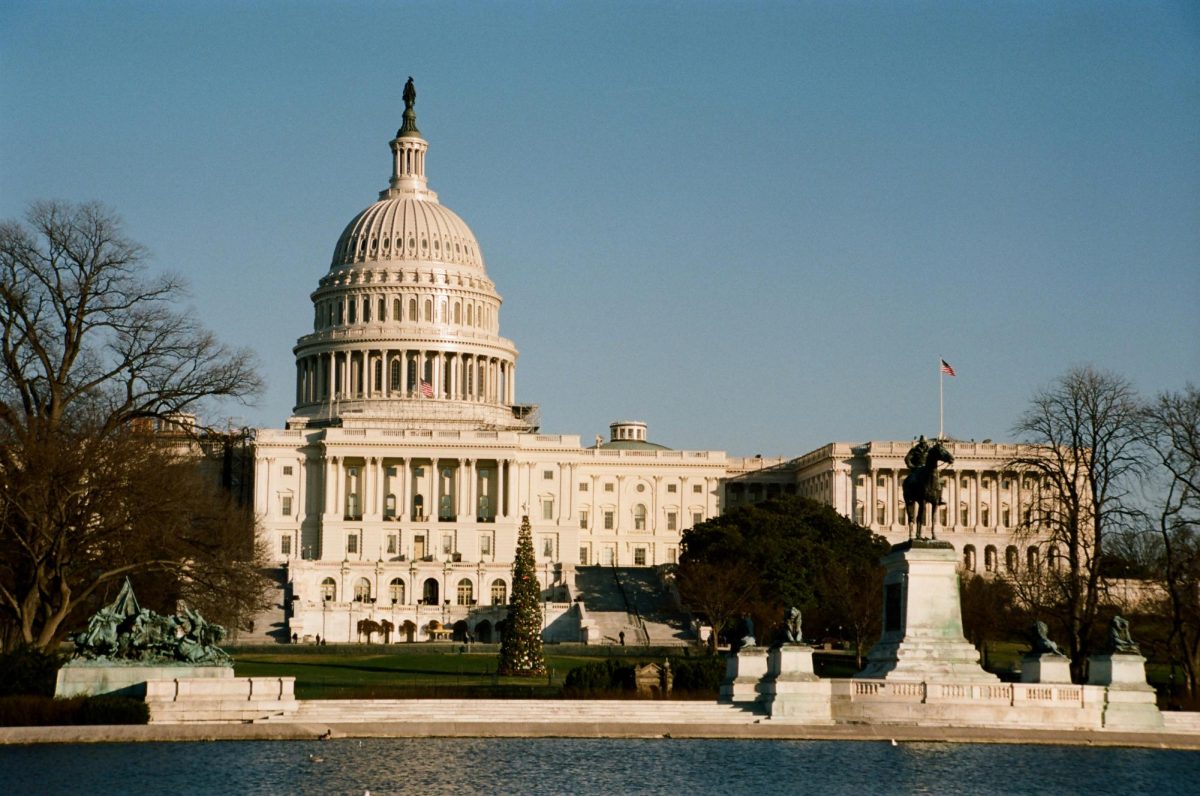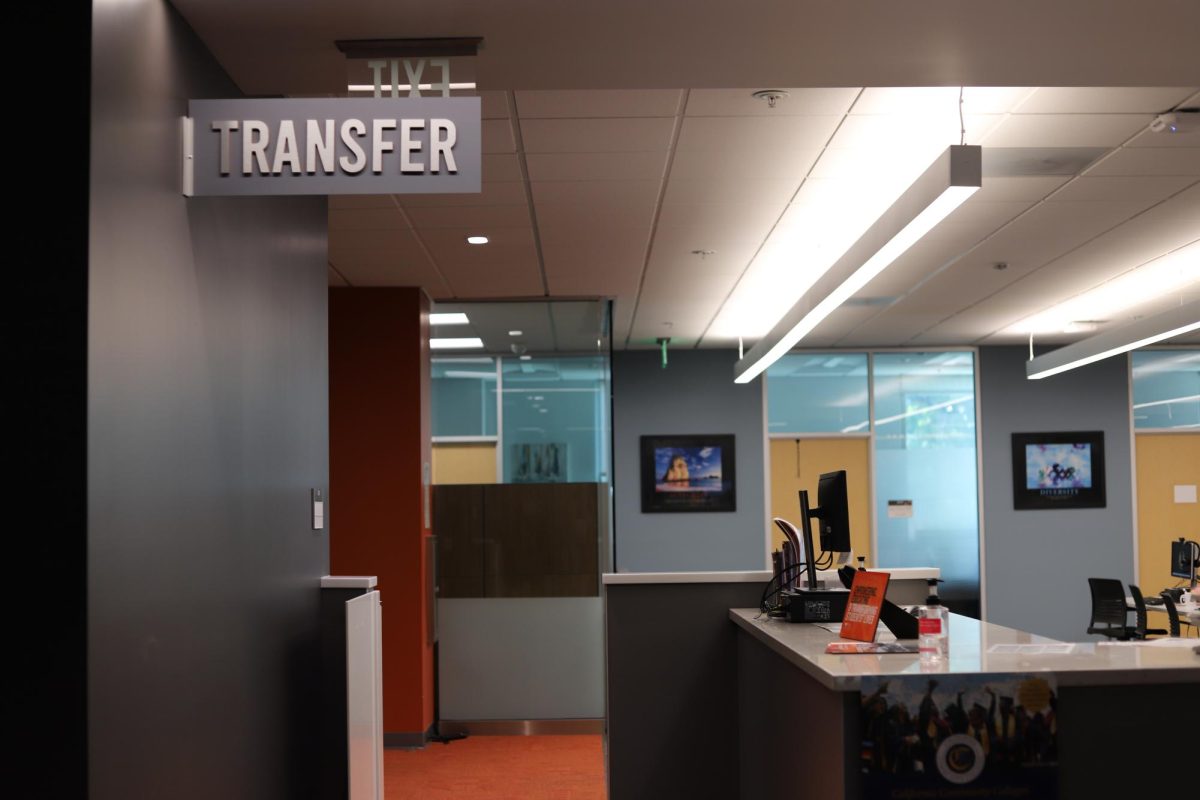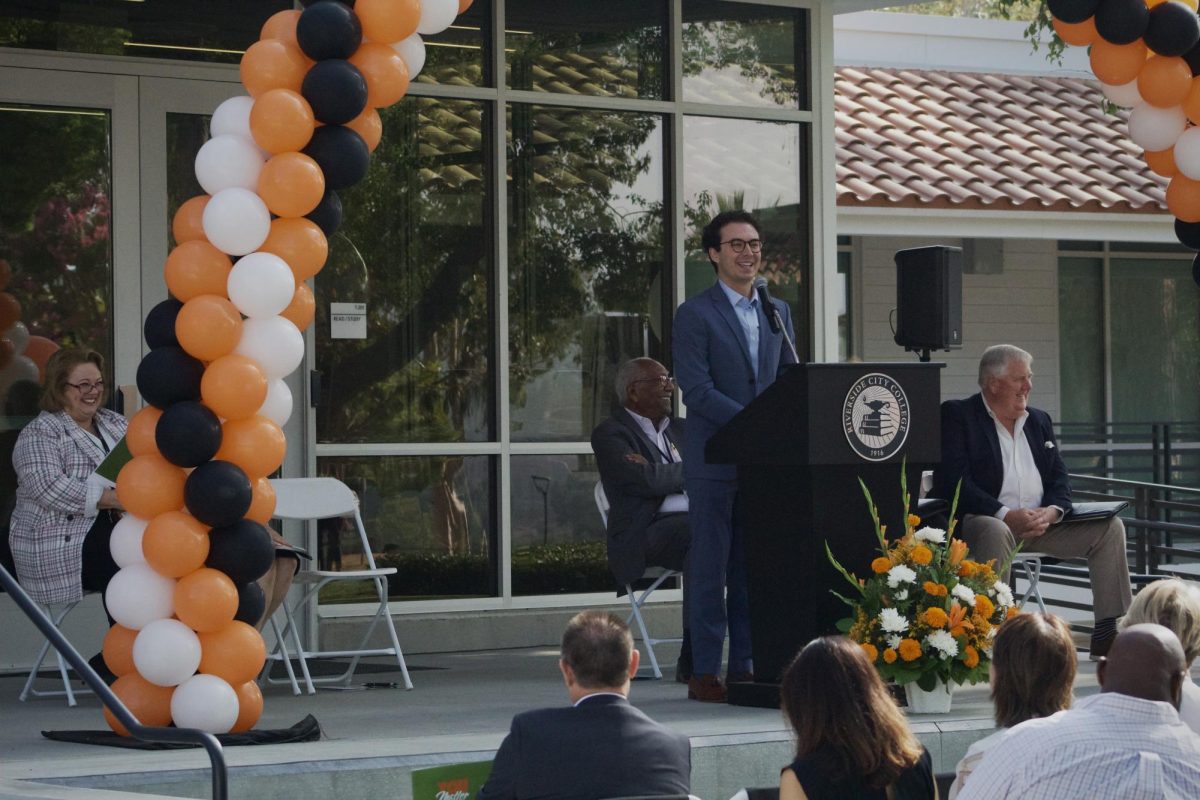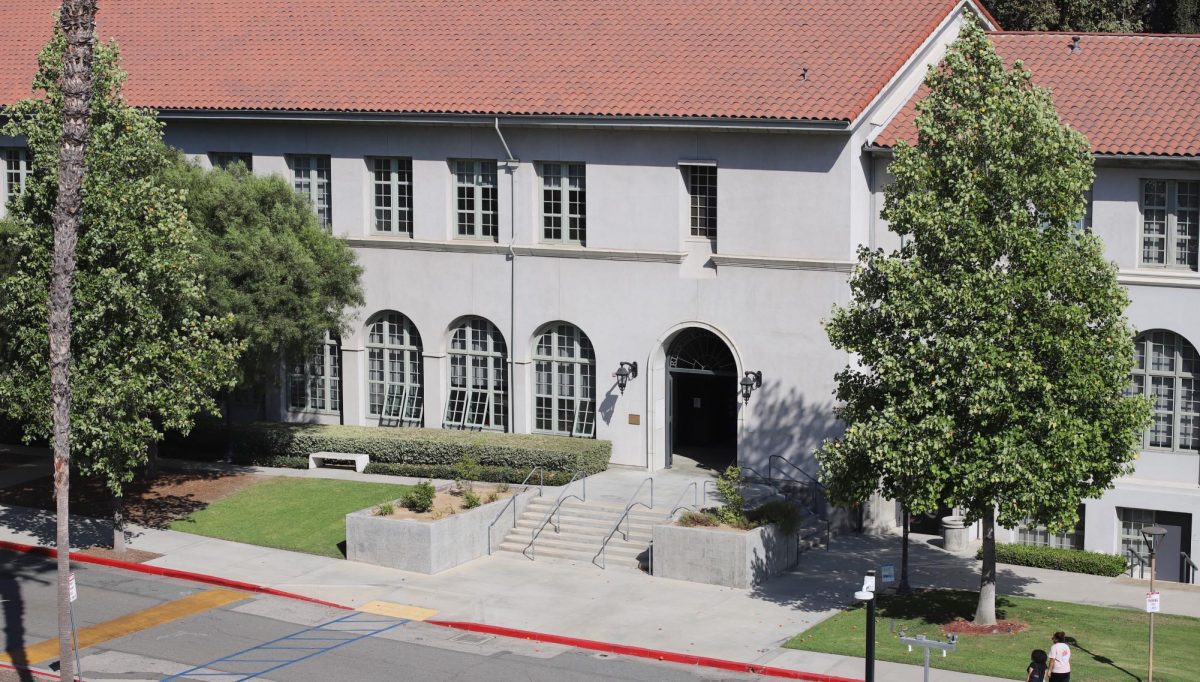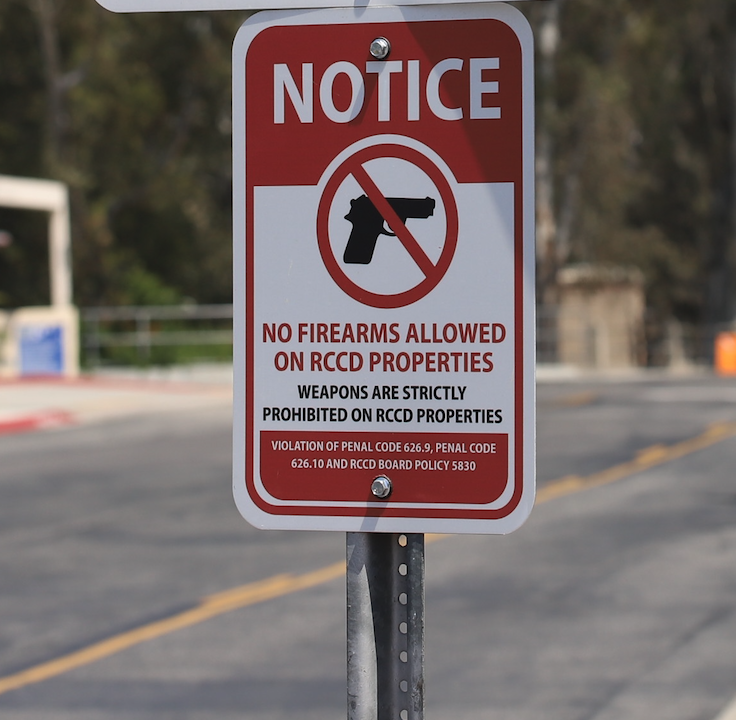
By Chloe Hunter
California voters will decide whether or not to lift the state’s ban on affirmative action in the public sector this year.
Proposition 16, on the ballot this election, attempts to balance the demographic representation of public workers by repealing a 1996 law that disallowed the public sector from affirmative action hiring practices. If approved, the proposition would require businesses contracted with the federal government to create equal opportunities in consideration of race, gender, sexual orientation, disabilities and veteran status.
“Proposition 16 levels the playing field so we can all succeed,” Yes on 16, the organization behind the initiative, says.
Opponents of Proposition 16, like the Californians for Equal Rights organization, are against affirmative because it would require a repeal of a part of the state constitution that prohibits preferential treatment.
There are a variety of opinions on the proposal within the Riverside Community College District.
“With this particular proposition I see there to be a great deal of potential positive outcomes,” said Gregory Anderson, Riverside City College president.
He explained that he believes critics misinterpret the proposition. It does not require a person of a specific background or ethnic group to be hired and is about getting people into the pipeline in order to strengthen the quality and diversity of the pool of applicants, he argued.
Proposition 209, an amendment to the California State Constitution, was pushed onto the ballot in 1996 largely by citizens. It banned both discrimination and preferential treatment in the public sector.
Proposition 209 is now being revisited in the form of Proposition 16, which would open up the use of affirmative action. Many of those in support of Proposition 16 want to see diversity represented and provide opportunities for minorities.
“I don’t think it’s preferential treatment at all,” Anderson said. “I think that the higher institutions still need to be fair in their hiring practices. An employer still needs to act within fair, equal opportunity employment laws. This is just about establishing qualification expectations, not about telling anybody who to hire.”
Isaiah and Nathan Villar, students at Norco College, disagree with Proposition 16.
“I never liked the idea of hiring someone just because of their race or gender,” Isaiah said. “You should hire someone because they possess the skills that are needed for the job, not because they are someone of a different race or gender.”
Nathan echoed his brother’s sentiments.
“I’m against it because it repeals a proposition that states that a state can’t discriminate against or give preferential treatment on the basis of race, sex, color, ethnicity or national origin,” he said. “I’m not a fan of giving better treatment to someone because of their race or sex. They should be treated on their skills and their personality.”
Ashley Alvarez, a Riverside City College student, had a more positive opinion on Proposition 16.
“I’ll be voting yes because I believe that people of color and women are already at a disadvantage when it comes to getting jobs and education,” Alvarez said. “What employers and the school board should be looking at is the candidate that is the most qualified and not their race, ethnicity, sex or gender.”
There are clear differences of interpretation of Proposition 16.
Sen. Kamala Harris, D-Calif., the Democratic vice presidential candidate, supports the proposal. Other notable endorsements have come from Sen. Dianne Feinstein, D-Calif., Gov. Gavin Newsom, former presidential candidate Pete Buttigieg, the Anti-Defamation League and the American Civil Liberties Union of California.
Notable opponents to Proposition 16 include congressional candidate Darrell Issa, R-Calif., the Republican Party of California and the American Civil Rights Institute.



